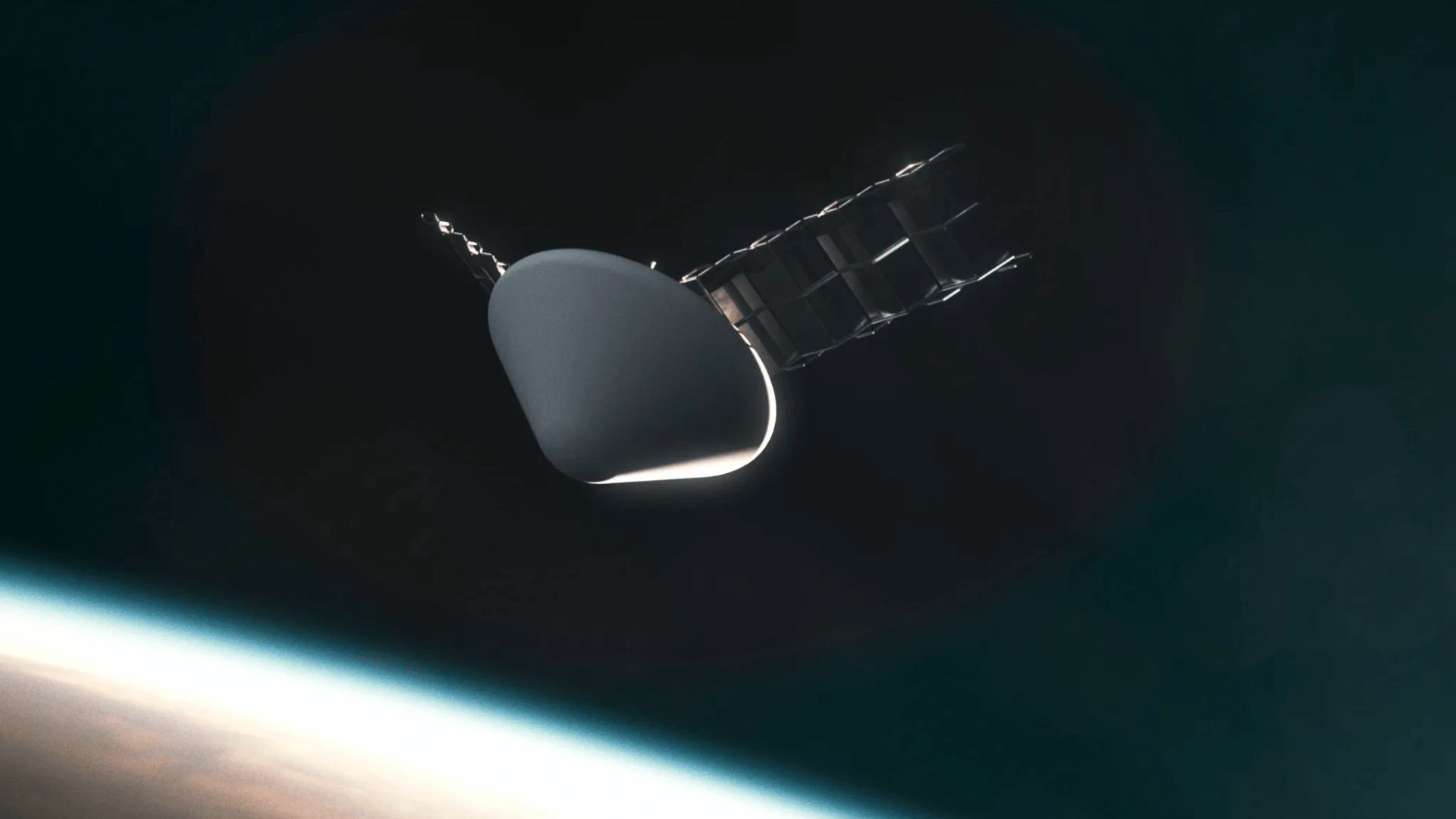A new startup called Lux Aeterna is creating reusable satellites to limit the number of satellites that burn up in Earth’s atmosphere or wind up in “graveyard” orbits. Their design is called Delphi, and it’s scheduled to launch and land in 2027.
Reusable Satellite

Brian Taylor, Founder and CEO of Lux Aeterna, a former engineering leader at SpaceX, Amazon Project Kuiper, and Loft Orbital, stated that the idea for the new design was inspired by seeing his former employer, SpaceX, launch one of its Starship test vehicles into space. Since Starship is the biggest rocket ever built, it can send larger payloads into space – including satellites.
“I want to fill Starship with something amazing, and something that changes the entire industry,” Taylor recalled during an interview with TechCrunch.
With the extra space allotted from heavy-lift rockets, Taylor believes it’s possible to build satellites that can survive multiple re-entries into Earth’s atmosphere without compromising on the technology due to cost or weight trade-offs. In a rendering presented by the company, they proposed a heat shield, similar to those that protected famous NASA spacecraft, and a parachute as the solution.
The startup’s pitch generated $4 million in pre-seed funding, led by Space Capital alongside other early-stage funds like Dynamo Ventures and Mission One Capital.
“We’re taking the high-risk, high-cost nature out of space missions and replacing it with reliability, flexibility, and reusability,” said Taylor in a press release. “This funding is the first milestone in our mission to industrialize space through reusable infrastructure. While the satellite industry has evolved rapidly, its core infrastructure is still designed to be disposable. Lux Aeterna is changing that fundamental approach from the ground up.”
Though the company hasn’t released specifics regarding how the satellite will work or how it will be refurbished between launches, Delphi plans to launch in a SpaceX Falcon 9 rocket in 2027, undergo a full orbital flight, and descend to Earth. The firm will then send the satellite back up into space to prove its reusability.







